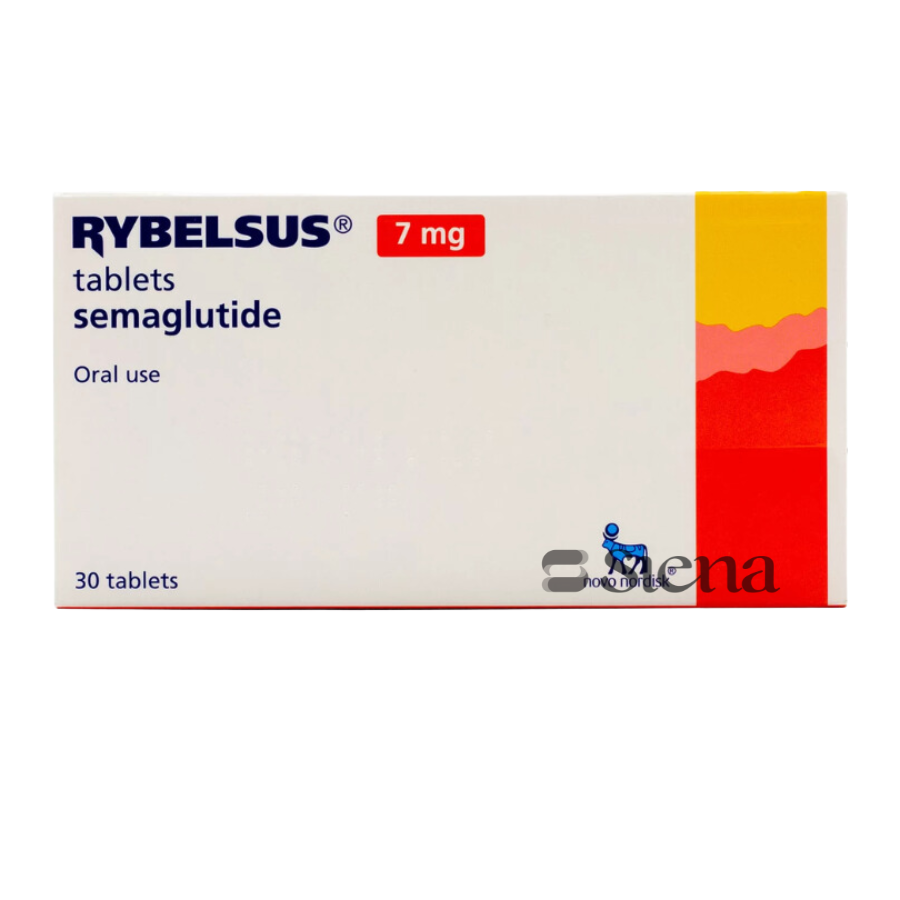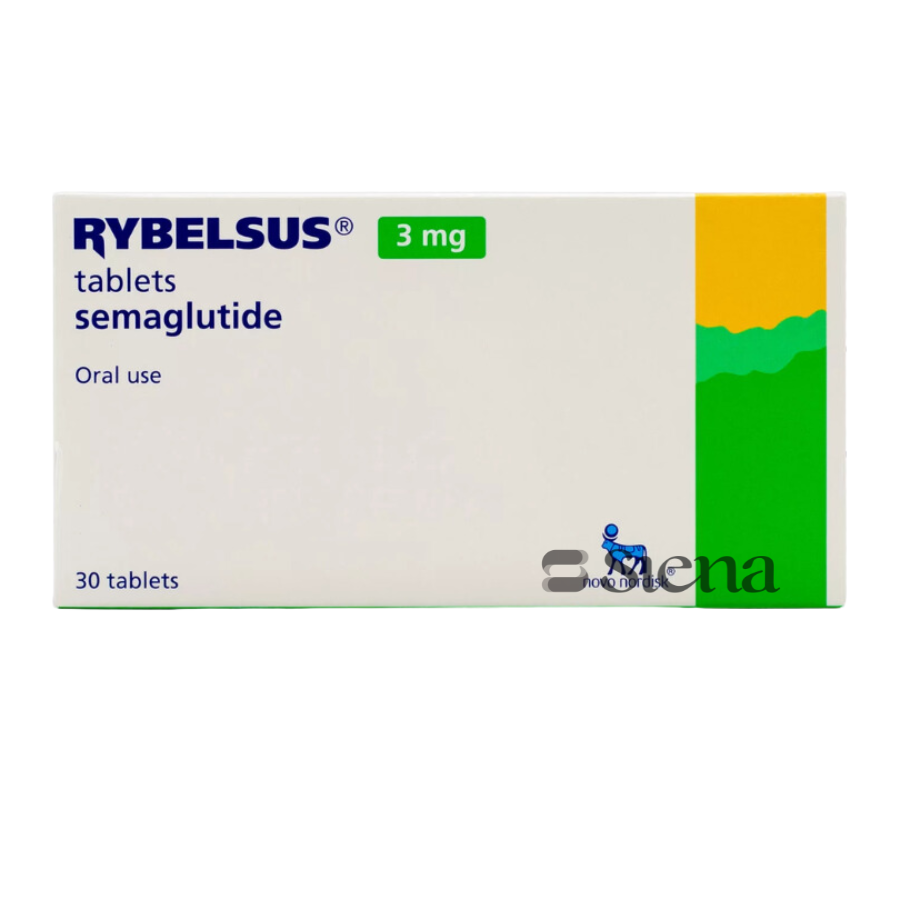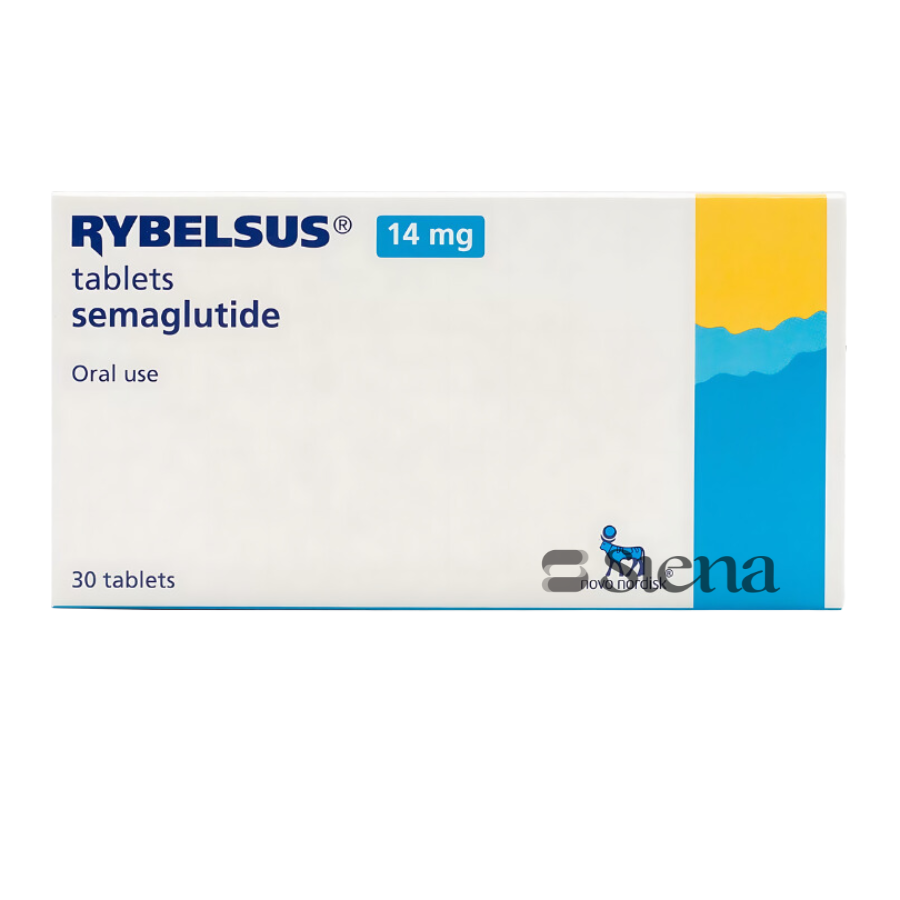Important Safety Information for Rybelsus® (oral semaglutide) [Japan Edition]
Warning: Risk of Thyroid C-Cell Tumors
In animal studies, Rybelsus caused thyroid C-cell tumors, including thyroid cancer. It is unknown if Rybelsus causes thyroid tumors or a type of thyroid cancer called medullary thyroid carcinoma (MTC) in humans. Notify your healthcare provider immediately if you experience symptoms such as a lump or swelling in the neck, hoarseness, difficulty swallowing, or shortness of breath, as these may be signs of thyroid cancer.
Do not use Rybelsus if you or your family have ever had MTC or if you have an endocrine system condition called Multiple Endocrine Neoplasia syndrome type 2 (MEN 2).
What is Rybelsus Used For?
Rybelsus is indicated as an adjunct to diet and exercise to improve blood sugar control in adults with type 2 diabetes.
Limitations of Use:
- Rybelsus is not recommended as the first-line therapy for type 2 diabetes.
- It is not approved for use in patients with type 1 diabetes or diabetic ketoacidosis.
- Rybelsus has not been studied in combination with other GLP-1 receptor agonists.
Who Should Not Use Rybelsus?
Do not use Rybelsus if:
- You or your family have a history of MTC or MEN 2.
- You have had a serious allergic reaction to semaglutide or any of its ingredients.
How Should I Take Rybelsus?
- Take Rybelsus once daily, at least 30 minutes before your first food, drink, or other oral medications.
- Swallow the tablet whole with no more than 120 mL (4 ounces) of plain water.
- Do not split, chew, or crush the tablet.
- Follow your provider’s instructions regarding dose escalation, typically beginning at a lower dose and increasing after 30 days.
What Should I Tell My Provider Before Using Rybelsus?
Inform your healthcare provider about your medical history, including:
- Thyroid cancer or endocrine system conditions
- Pancreatitis or gastrointestinal disorders
- Kidney disease
- Liver disease
- Heart disease
- Vision problems such as diabetic retinopathy
- Depression or suicidal thoughts
- Pregnancy, plans to become pregnant, or breastfeeding
If you are pregnant or planning to become pregnant:
- Rybelsus should not be used during pregnancy as it may harm an unborn baby.
If you are breastfeeding:
- It is not known if Rybelsus passes into breast milk. Discuss the risks and benefits with your provider.
What Are the Most Serious Side Effects of Rybelsus?
Seek immediate medical attention if you experience:
- Thyroid C-Cell Tumors: Symptoms include a lump in the neck, hoarseness, or difficulty swallowing.
- Acute Pancreatitis: Severe abdominal pain that may radiate to the back, with or without vomiting, should be reported promptly.
- Severe Gastrointestinal Disorders: Rybelsus may cause nausea, vomiting, diarrhea, or constipation, which can be severe.
- Kidney Damage or Worsening: Dehydration from side effects like vomiting or diarrhea can worsen kidney problems. Drink plenty of fluids to stay hydrated.
- Severe Allergic Reactions: Symptoms include swelling of the face or throat, difficulty breathing, severe rash, or rapid heartbeat. Stop taking Rybelsus and seek immediate help.
What Are the Most Common Side Effects of Rybelsus?
- Nausea
- Vomiting
- Diarrhea
- Constipation
- Stomach pain
- Fatigue
- Loss of appetite
Important Considerations
- Rybelsus may delay gastric emptying, which can affect the absorption of other oral medications. Inform your provider about all medications, supplements, and vitamins you take.
- If you experience low blood sugar (hypoglycemia) while using Rybelsus, especially if combined with insulin or sulfonylureas, monitor your blood sugar closely and report symptoms like dizziness, sweating, or a rapid heartbeat to your provider.
- Notify your provider of any planned surgeries requiring fasting, as delayed gastric emptying may increase risks.
Pregnancy Registry:
A pregnancy registry monitors outcomes in individuals exposed to Rybelsus during pregnancy. Pregnant patients or healthcare providers can contact the registry at [local contact details].
This document provides essential safety information but is not exhaustive. Always consult your healthcare provider and the full Prescribing Information for comprehensive details.
To report side effects: Contact the Ministry of Health, Labour, and Welfare of Japan or report them to the manufacturer at [local contact details].



